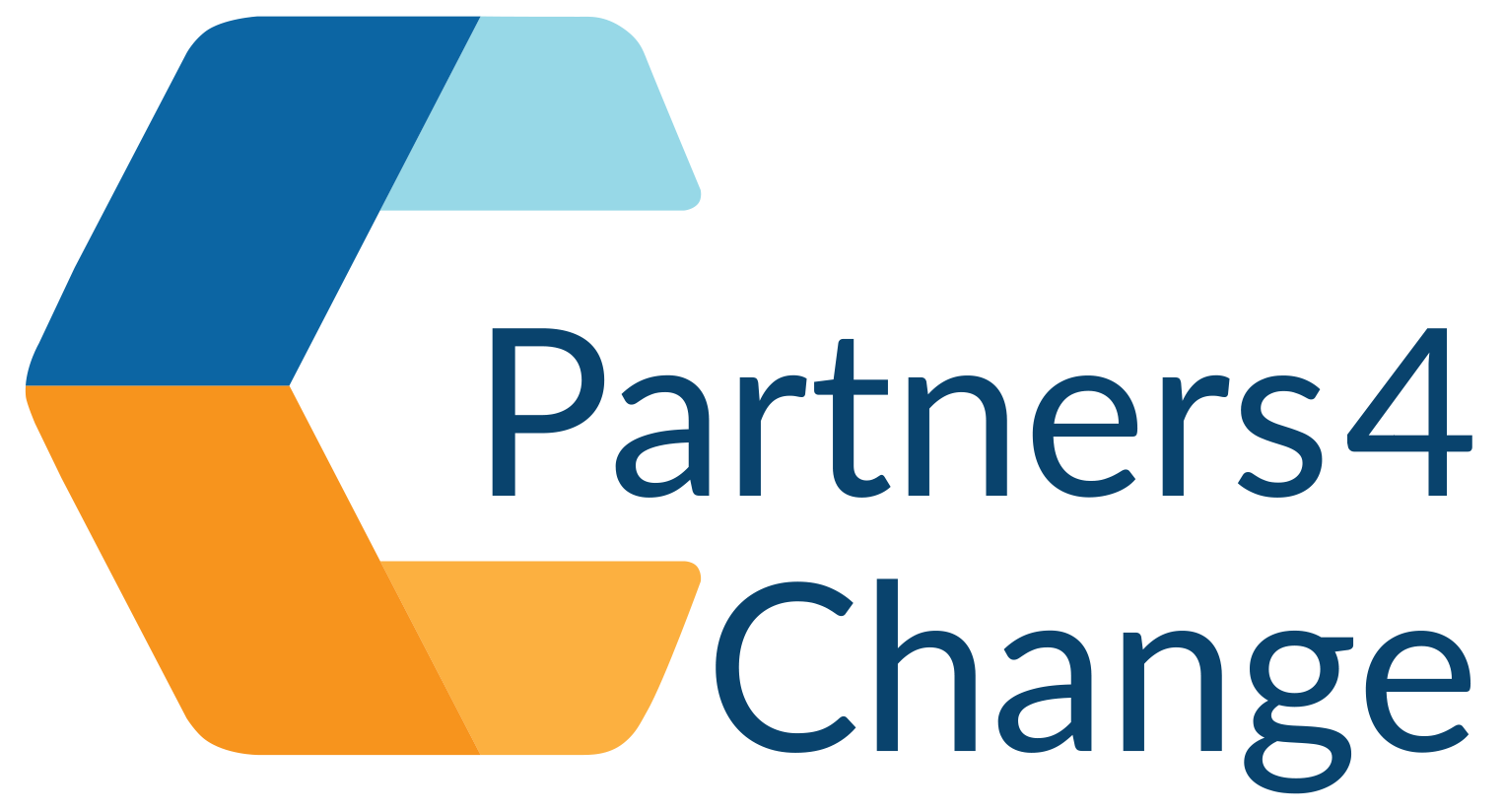Occupational Therapy & The Three Conversations®
Occupational Therapists (OT) are interested in how a person interacts with their environment, and the impact that this has on their daily life. The Royal College of Occupational Therapy (RCOT) defines occupation as “the practical and purposeful activities that allow people to live independently and have a sense of identity”. This could be anything from essential day to day activities such as self-care, all the way through to work commitments or leisure activities. OTs consider how these occupations are: • Motivated: what are the person’s values, interests and motivations? • Patterned: how behaviour is organised, such as daily tasks and…
